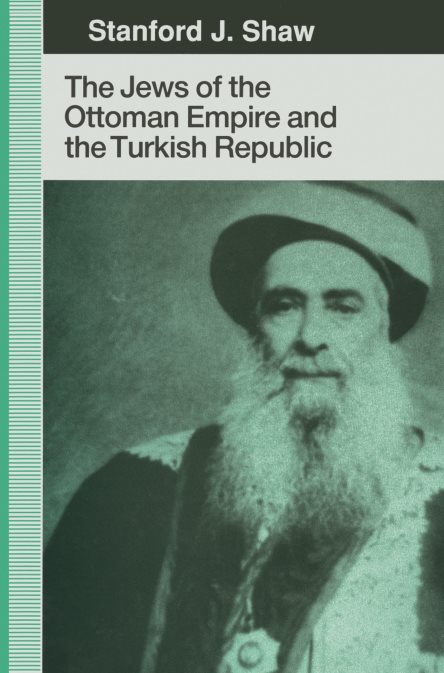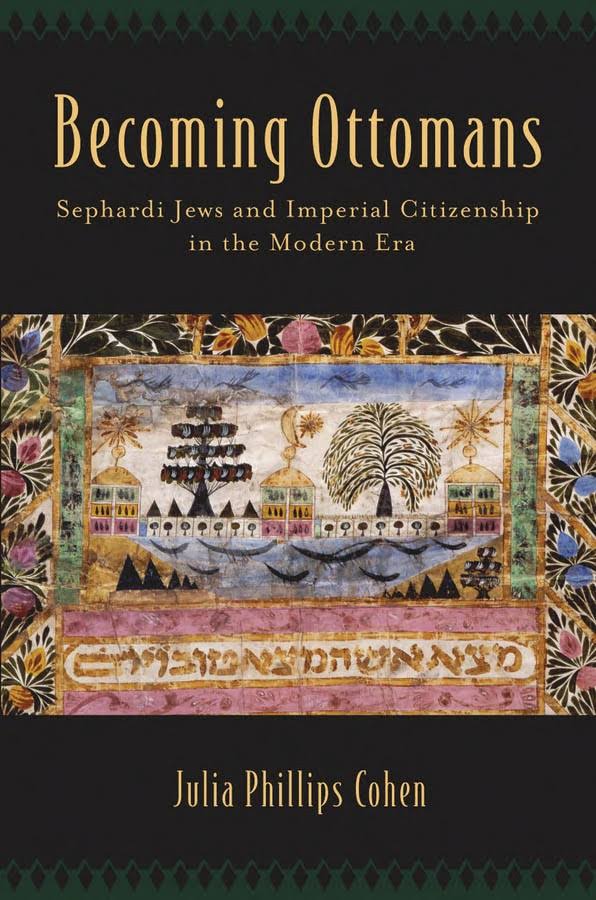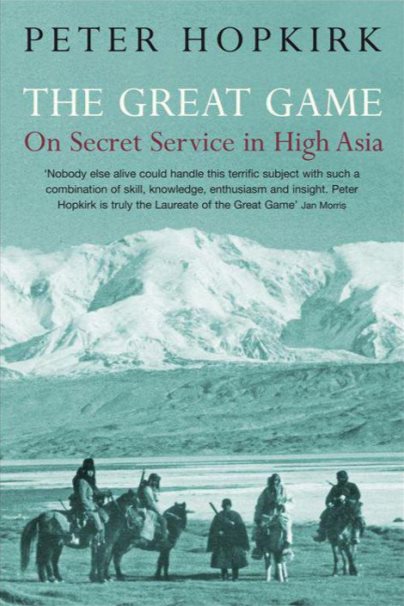The Jews of the Ottoman Empire
1) The Jews of the Ottoman Empire and the Turkish Republic – Stanford J. Shaw
NYU Press | 1991 | PDF
Over the course of the last 600 years, the existence of the Jews of western Europe was continually threatened. While many took refuge in the Eastern regions of Europe, particularly in Poland and Lithuania, many more found shelter in the dominions of the Ottoman empire and in the Middle East, where their reception was far more congenial.
This remarkable history, written by one of the world’s foremost scholars of Turkish history, is the definitive account of Jewish life and history in this region. It is the story of the ideological and religious differences, and the hazardous but often successful cohabitation that characterized the life of the Jews of the Ottoman empire and, later, of Turkey.
Examining the economic, cultural, and religious contributions of the Ottoman Jewish community, Stanford J. Shaw, a master of Turkish history, here documents the role of Ottoman Jews in the early Zionist movement, in World War I, and in the Turkish War for Independence. His analysis of the structures of different Jewish communities, the relations between them, and the relations between Jews, Christians, and Muslims in this unique circumstance is engaging and incisive. As Shaw sifts through the centuries, it becomes apparent that the fortunes of the Ottoman Jews directly paralleled those of the Ottoman empire.
Shaw’s extensive research in Ottoman, British, and French archives, as well as sources in Hebrew and Ladino, is supplemented by personal interviews with such major players as Haim Nahum Efendi, the last Grand Rabbi of the Ottoman empire, Rabbi David Asseo, Chief Rabbi of Turkey, and a number of prominent Turkish-Jewish scholars and businessmen.
2) Becoming Ottomans: Sephardi Jews and Imperial Citizenship in the Modern Era – Julia Phillips Cohen
Oxford University Press | 2014 | PDF, MOBI
The Ottoman-Jewish story has long been told as a romance between Jews and the empire. The prevailing view is that Ottoman Jews were protected and privileged by imperial policies and in return offered their unflagging devotion to the imperial government over many centuries. In this book, Julia Phillips Cohen offers a corrective, arguing that Jewish leaders who promoted this vision were doing so in response to a series of reforms enacted by the nineteenth-century Ottoman state: the new equality they gained came with a new set of expectations. Ottoman subjects were suddenly to become imperial citizens, to consider their neighbors as brothers and their empire as a homeland.
Becoming Ottomans is the first book to tell the story of Jewish political integration into a modern Islamic empire. It begins with the process set in motion by the imperial state reforms known as the Tanzimat, which spanned the years 1839-1876 and legally emancipated the non-Muslims of the empire. Four decades later the situation was difficult to recognize. By the close of the nineteenth century, Ottoman Muslims and Jews alike regularly referred to Jews as a model community, or millet-as a group whose leaders and members knew how to serve their state and were deeply engaged in Ottoman politics. The struggles of different Jewish individuals and groups to define the public face of their communities is underscored in their responses to a series of important historical events.
Charting the dramatic reversal of Jews in the empire over a half-century, Becoming Ottomans offers new perspectives for understanding Jewish encounters with modernity and citizenship in a centralizing, modernizing Islamic state in an imperial, multi-faith landscape.
 1 / 2
1 / 2 2 / 2
2 / 2

